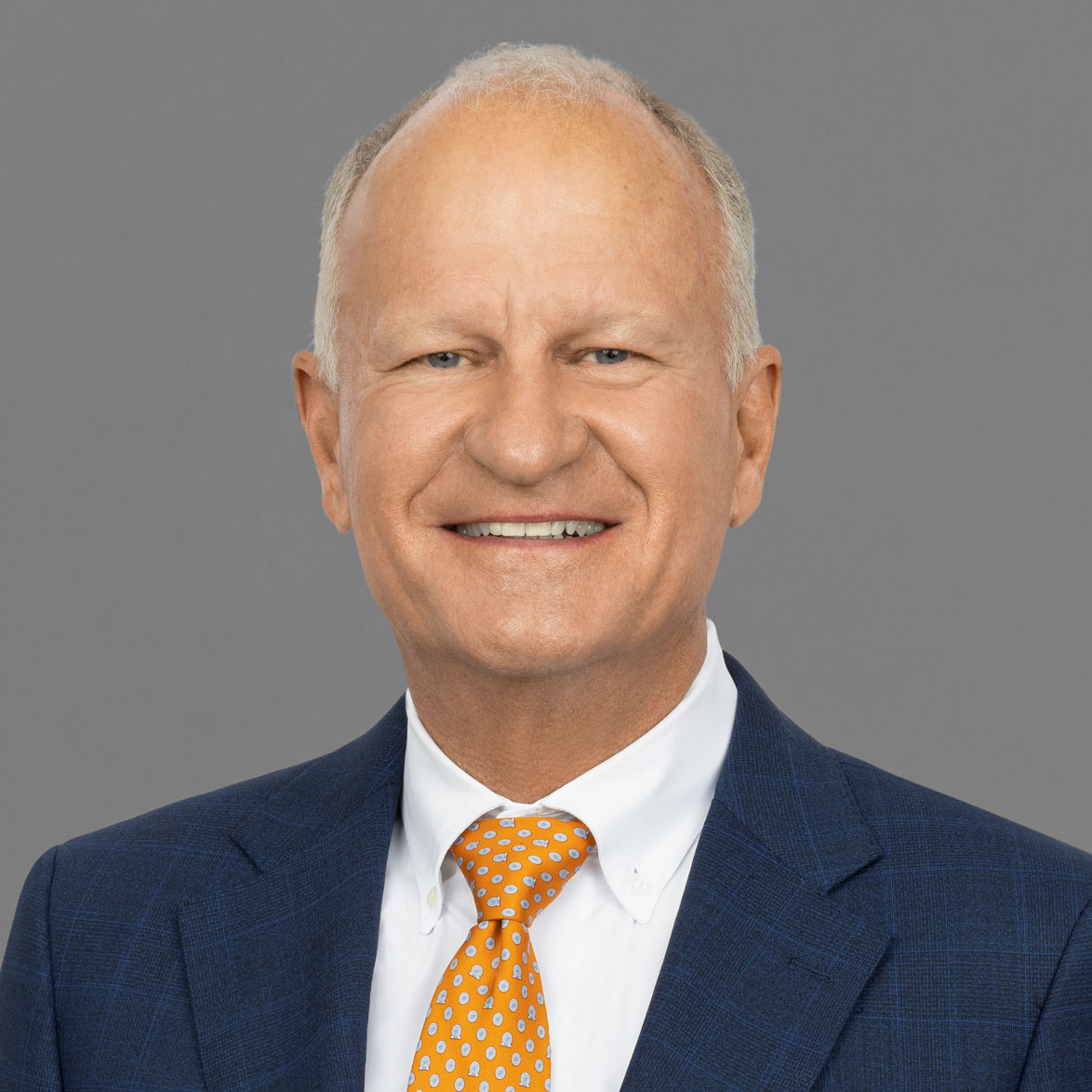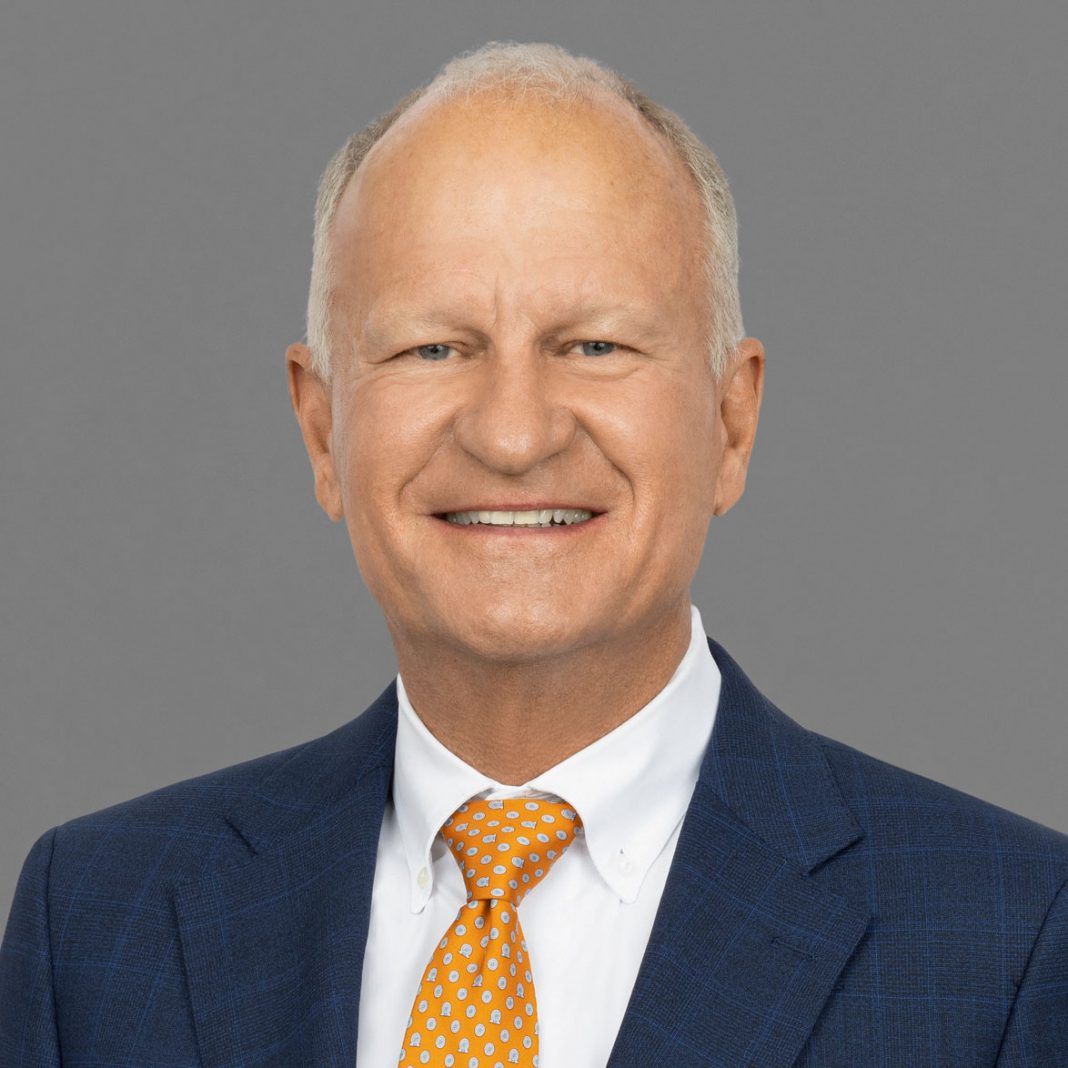31 July 2024
See how JMBM’s Global Hospitality Group® can help you.
Click here for the latest articles on Junk Fee Litigation.
NOTE: We represent the owners and operators of hotels, restaurants, and other hospitality facilities. We do not represent consumers making claims against such businesses. When it comes to Junk Fee laws at the State or National level, we help the owners and operators of hotels and restaurants understand and comply with Junk Fee Laws. When consumers make claims against them, we advise owners and operators on strategies and defense of such claims.
Restaurants, Listen Up: Rethink How You Disclose Your Fees to Avoid Junk Fee Lawsuits
As lawyers who specialize in representing hospitality owners, developers, independent operators, and investors, we have a critical message for restaurants: it’s time to rethink how you disclose your fees. Recent changes in the legal landscape have significant implications for your operations, and compliance is no longer a matter of choice—it’s a necessity.
Immediate Statutory Requirements
Let’s dive right in. California Civil Code 1770 now mandates that all charges must be clearly and conspicuously disclosed. This isn’t a future requirement; it’s already in effect. If you’re not disclosing fees on your webpage or menu, you’re putting your business at risk. The penalties for non-compliance can be steep, including lawsuits that could cost you hundreds of thousands of dollars, even if you come out on top.
We’ve already seen several lawsuits filed under “bait-and-switch” pricing, which is prohibited in Civil Code § 1770(a)(9). The new California Junk Fee laws may have created more confusion than clarity. The litigation is just beginning under the new Civil Code § 1770(a)(29). The so-called “restaurant exemption” of SB 1524 may not be all it is cracked up to be. In fact, it may be a trap for well-meaning business people.
If you’re unsure what that means, check out the video below for a detailed explanation.
Transparency is Key
Historically, many restaurants have tacked on service fees without much explanation. Those days are over. Under the new law, you need to clearly disclose what the service fee is for. Specifically, you must communicate where the fee goes and be prepared to prove it. Customers are increasingly vigilant and willing to sue if they suspect foul play. If you can’t back up your claims, you could be accused of misleading and deceptive business practices.
Step one in staying compliant is to set a clear fee policy. Once you have a policy, it effectively becomes a contract with your customers. Many restaurants claim that service fees go toward employee wages or tip pools. A restaurant should be prepared to show that every penny of the charges are properly accounted for and applied. They cannot be taken into the restaurant’s general receipts and used at the discretion of management to pay salaries or other expenses if the restaurant has represented otherwise. If your policy and actions are not accurately disclosed, your business could be at risk.
Take a lesson from what’s happening in San Francisco. Numerous restaurants have been sued for vaguely referencing surcharges and the San Francisco health care mandate. Plaintiffs claim that such surcharges are misleading because the City does not impose a tax on customers. It requires employers to provide certain benefits, and that is just a cost of operation like minimum wage. Stating a vague or misleading purpose for a mandatory fee can be a legal trap with costly litigation.
Learn from the Hotel Industry
The hotel industry has been through more than ten years with mandatory fee disclosure lawsuits on both national and state levels. The trend is clear: greater transparency and fewer exemptions. Restaurants should take note and ensure that wherever a price is listed, a clear and accurate disclosure accompanies it. Be honest and reflect the true nature of the fee and its usage.
Transparency isn’t just a buzzword—it’s the law. Rethink how you disclose your fees to stay compliant and avoid costly legal battles. The hospitality industry is moving toward greater transparency, and it’s time for restaurants to step up. Make sure your disclosures are clear, accurate, and in full compliance with the law.
JMBM’s Global Hospitality Group® has experience defending consumer junk fee claims, consumer lawsuits and consumer class actions against hotels, restaurants and hospitality businesses. Contact us to see how we can help.

Mark S. Adams, Hotel Dispute Lawyer, is an experienced trial lawyer and a senior member of JMBM’s Global Hospitality Group®. A primary focus of Mark’s practice is devoted to representing clients on hundreds of matters involving Hospitality Litigation, Arbitration & Dispute Resolution – from avoiding litigation to conducting complex, multi-state litigation, arbitration, and mediation.
Mark’s expertise is in business litigation involving contracts, corporate and partnership disputes, and hospitality disputes and litigation. On behalf of hotel and resort owners, Mark has successfully litigated the termination of long-term, no-cut, hotel management agreements, franchise agreements, fiduciary duty issues, investor-owner disputes, TOT assessments, and more. He has wide-ranging trial experience in various commercial disputes, including complex multi-party litigation and class actions. He has tried numerous cases in state courts, federal courts, and domestic and international arbitrations and is a frequent author and speaker on trial practice. Forbes, Reuters, and other publications have covered Mark’s trial wins. He obtained two of California’s 50 largest jury verdicts in the same year.
Mark has taken or defended nearly 1,000 depositions throughout North America, Europe, and the Middle East. The Wall Street Journal has quoted him as an expert on noncompete agreements. For more information, contact Mark at 949.623.7230 or markadams@jmbm.com.

This is Jim Butler, author of www.HotelLawBlog.com and founding partner of JMBM and JMBM’s Global Hospitality Group®. We provide business and legal advice to hotel owners, developers, independent operators, and investors. This advice covers critical hotel issues such as hotel purchase, sale, development, financing, franchise, management, ADA, and IP matters. We also have compelling experience in hotel litigation, union avoidance and union negotiations, and cybersecurity & data privacy.
JMBM’s Global Hospitality Group® has been involved in more than $125 billion of hotel transactions and more than 4,700 hotel properties located around the globe. Contact me at +1-310-201-3526 or jbutler@jmbm.com to discuss how we can help.
How can we help? Brochure Credentials Photo Gallery

